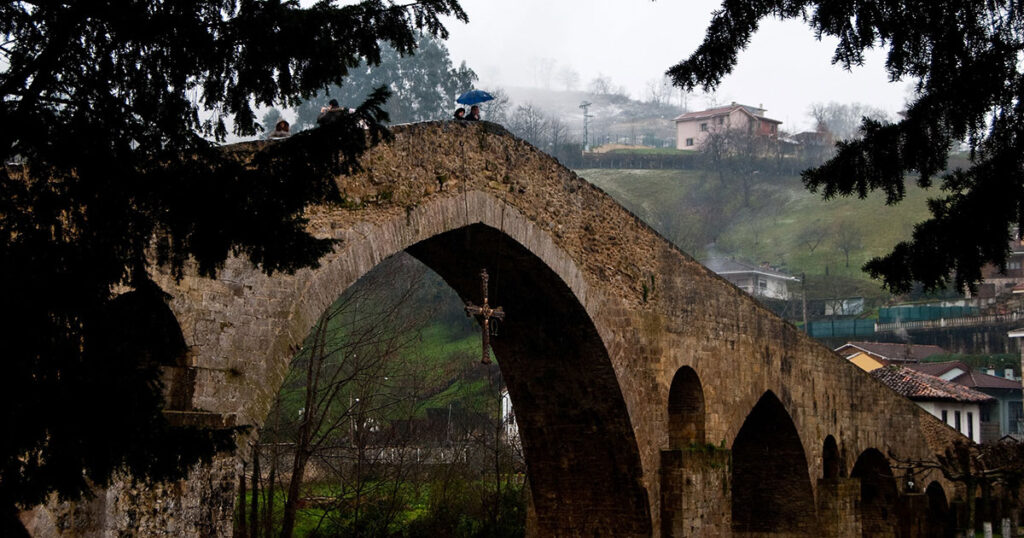
“I don’t have a son,” said a man I know whose son had died several years earlier. He was not disavowing his son as a disappointed or offended father might, but stating his loss. “I have no friends” or “I have no future,” a person might lament, the implication being that what’s lacking is the most dependable of friends, or the bright prospect that counts as a future, not that no friend or no tomorrow exists. Likewise, though this father didn’t have a living son, he had the son from the past, alive in his memories. Hardly compensation for his loss, but I wonder why it isn’t. Why isn’t the wealth of past years with his son, to be revisited at leisure, not as satisfying as a living son, generating new memories? Why isn’t money in a savings account as gratifying as the job that continues to slowly produce money? Perhaps because the sum in savings, like the memories that fade, tends to lose value over time. You don’t buy as much today with yesterday’s salary as you hope to with tomorrow’s, and the son from the past cannot live up to the expectations you’d had for the son of the future.
Talking about the dead is not easy. “My wife,” said a new friend within minutes of our first meeting, before correcting himself: “my deceased wife.” She had died many years earlier, and he must have long since become used to being a widower, so it wasn’t the novelty that made him say one thing then amend it to another. It was, I think, a question of semantics. He wasn’t married, but his wife wasn’t an ex or a former wife either. I have had the same trouble talking about my father-in-law after I was divorced. Was this man still my father-in-law? I worried over how I should refer to him but soon decided on father-in-law because continuing with that identifier felt best for a man I cherished and would not purposefully distance. So he was my father-in-law while alive and continues to be that. “Oh,” I might exclaim in conversation, “my father-in-law did the same thing!” I can feel him near, perhaps sitting across the room, listening in and nodding. Often, too, when I am alone, I picture him standing beside me. This might be in the kitchen, he approving of my use of old bread to make garlic soup, as he nibbles on a dry hunk while he watches. On a different day, I imagine him bending over the bowl where I am mixing up bread pudding. What would he say about this concoction? At some point, I’m quite sure he’d interrupt my baking and break into a story. The stories he told—I should have no trouble hearing his words because he often told the same ones, or reported his musings on the same subjects over and over. But which story would he tell, and what would be the bridge he’d find from my bread pudding to old Roman coins, pieces of eight, or the etymology of the Asturian word chigre, all subjects he spoke about at length? I’ve heard it said that all our past is stored in our memory, so I must never have listened as well as I should have—as well as a good daughter-in-law or just a good person could have—or I’d still hear his exact words. I missed my chance. I remember thinking something similar in the wake of my father’s death—that I was with him for all of my childhood and lots of my adulthood, and yet, I’d hardly made it count. Why, I asked myself then, didn’t I attend to the experience better? How could I fix this waste now and bridge the distance? It seemed impossible. It was impossible. Maybe that is what the unhappy father meant: not that he had no son as much as he’d been no father. And the opportunity forever lost.

